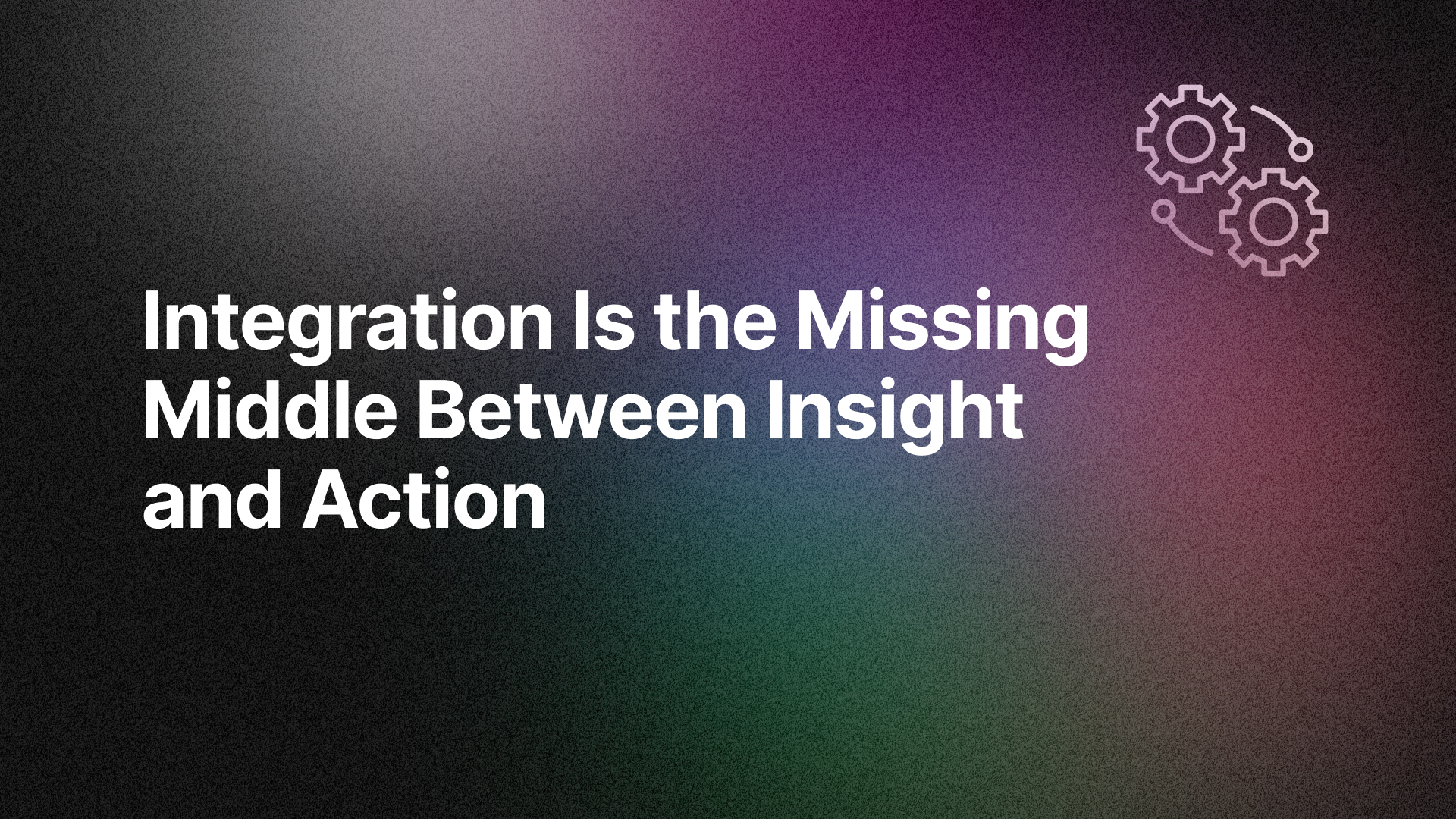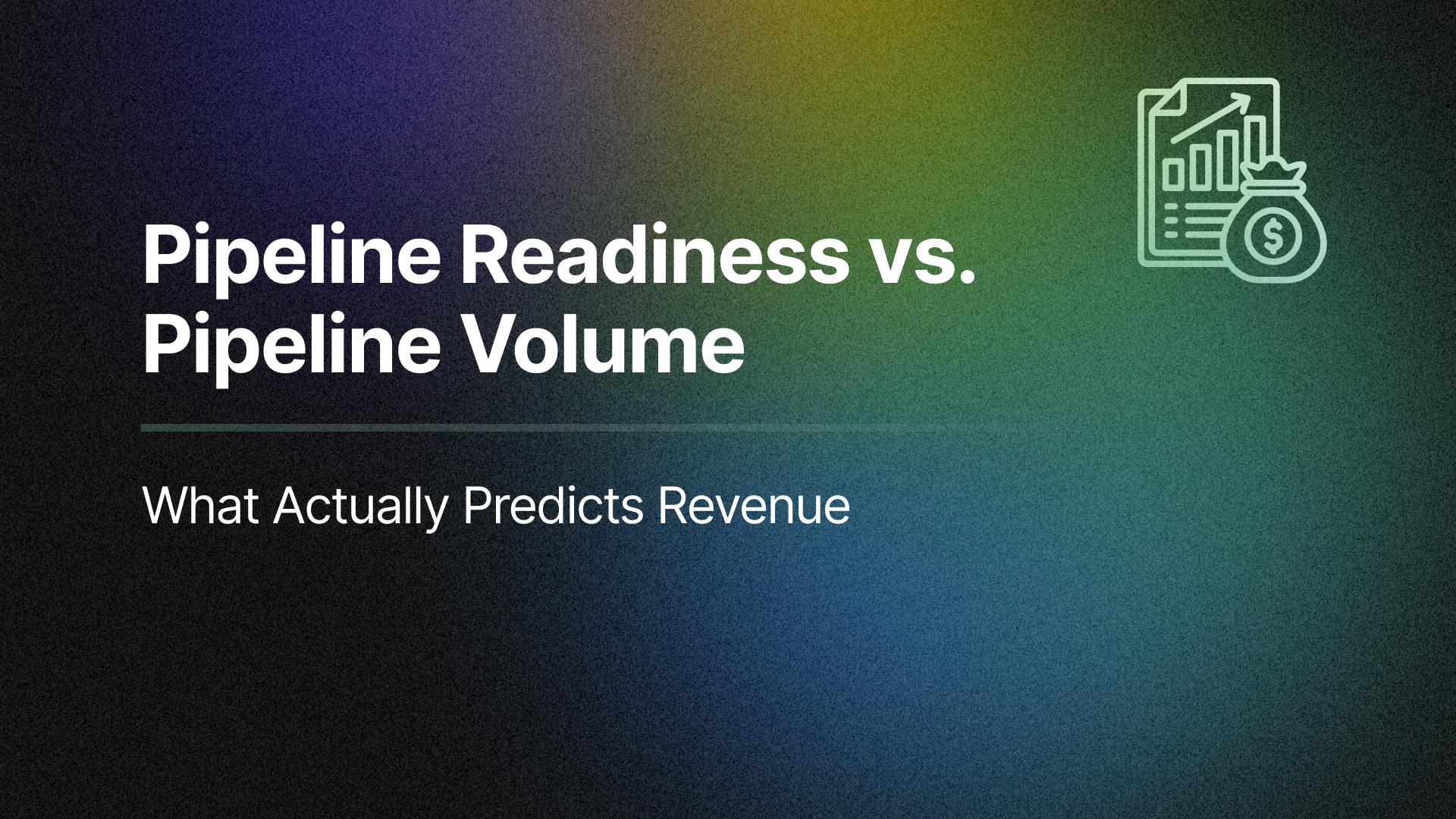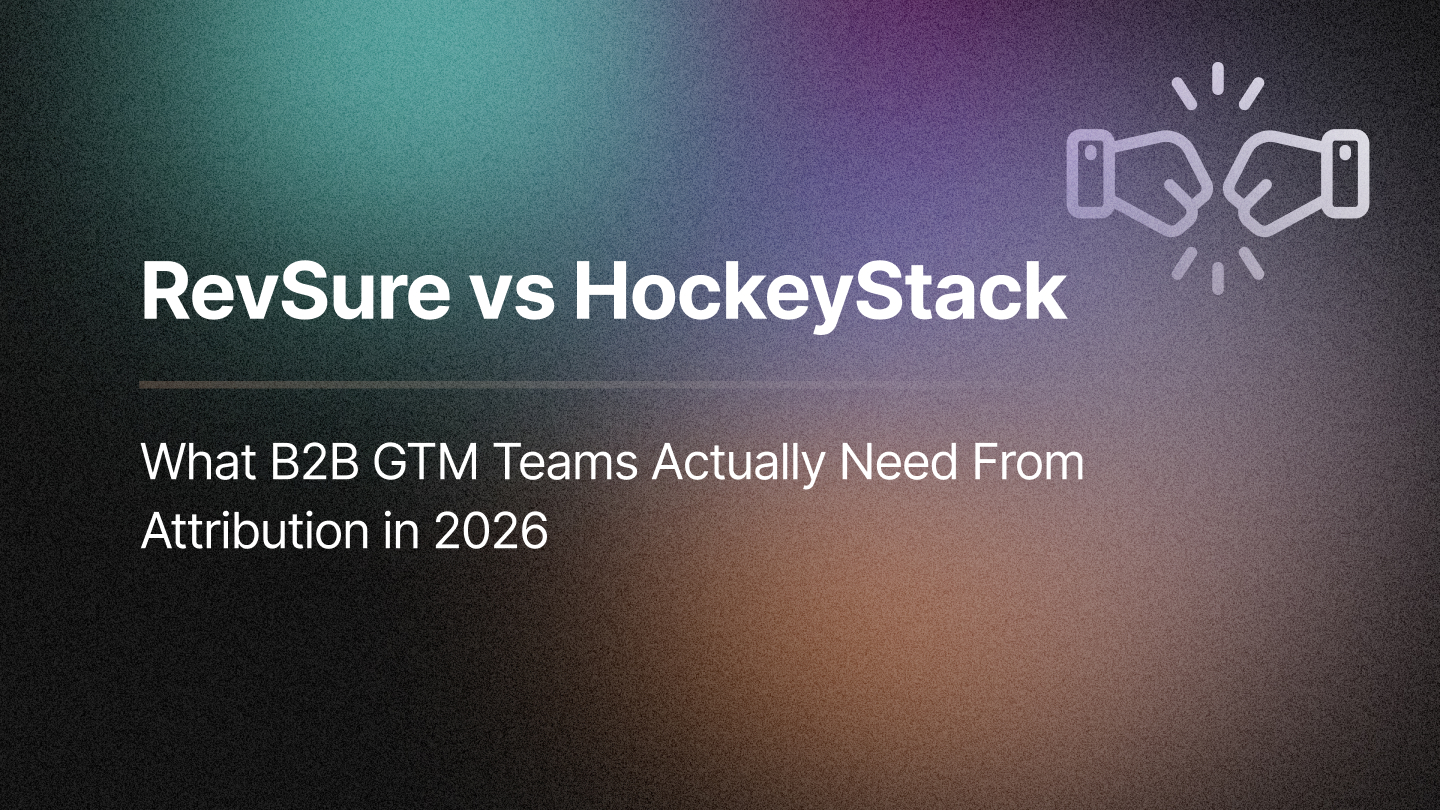In today’s data-driven world, B2B marketers are constantly seeking ways to accurately measure the impact of their marketing efforts. While traditional attribution models focus on what happened, they often fail to provide a complete picture. Enter counterfactual thinking—a powerful approach that allows marketers to understand what "would have" happened if certain campaigns or touchpoints hadn't been executed. This shift in perspective is crucial for making informed decisions and optimizing marketing strategies.
What is Counterfactual Thinking?
Counterfactual thinking involves considering hypothetical scenarios to understand the true impact of a particular action. In the context of B2B marketing attribution, it’s about analyzing what would have happened if a specific campaign, ad, or touchpoint had not been executed. This approach helps marketers isolate the unique contribution of each marketing effort, leading to more accurate and actionable insights.
Why Counterfactual Thinking Matters in B2B Marketing
Revealing the True Impact of Campaigns
Most companies use single or multi-touch attribution models, which assign credit to different touches in a lead’s or account’s journey to conversion. However, while these models retrospectively assign credit, they don't address whether a conversion would have happened if a specific touch hadn't occurred—leading to a potential “illusion” of effectiveness.
Counterfactual thinking allows marketers to go beyond surface-level metrics and identify the true drivers of success.
Improving Marketing Efficiency
By identifying which campaigns or channels genuinely contribute to conversions, marketers can allocate their budgets more effectively. For example, if counterfactual analysis reveals that a particular email campaign had little to no impact on conversions, resources can be redirected to more effective channels.
Enhancing Decision-Making
Traditional attribution models often result in biased decisions based on incomplete data. Counterfactual thinking provides a more comprehensive view, enabling marketers to make better-informed decisions.
Practical Applications of Counterfactual Thinking
Email Campaigns
Imagine you’ve just run an email campaign that seemingly led to a spike in conversions. Counterfactual analysis helps determine whether these conversions would have happened anyway or if the email campaign was the true driving factor. This insight is invaluable for optimizing future email marketing efforts.
Paid Ads
Paid advertising is a significant investment for many B2B companies. However, not all paid ads are equally effective. By applying counterfactual thinking, marketers can determine which ads genuinely contribute to lead generation and pipeline conversion, and which are merely background noise. This leads to more strategic ad spend allocation.
Webinars and Content Marketing
Webinars and content are often used to nurture leads, but how effective are they? Counterfactual analysis can reveal whether these efforts are truly moving the needle or if they’re just “nice-to-haves.” This insight allows marketers to focus on content that genuinely drives results.
Overcoming the Challenges
While counterfactual thinking offers significant benefits, it’s not without its challenges. For one, it requires a robust data infrastructure capable of capturing and analyzing large volumes of data. Additionally, marketers need to be trained to think beyond traditional attribution models and embrace a more complex, but ultimately more rewarding, approach.
Conclusion
As B2B marketing continues to evolve, so too must the methods used to measure success. Counterfactual thinking represents a significant leap forward in attribution, offering a more nuanced and accurate understanding of what truly drives business outcomes. By incorporating counterfactual analysis into their attribution models, B2B marketers can make more informed decisions, optimize their strategies, and drive better results. In an upcoming blog, we will dive deeper into different methods for counterfactual analysis.
In the meantime, if you're ready to stop guessing and start understanding the true impact of your marketing efforts, it's time to think counterfactual.
If you haven't checked out RevSure's Future of B2B Attribution ebook yet, take a look now! Dive into actionable insights, cutting-edge attribution models, and strategies designed to help you optimize your marketing efforts and boost ROI.
Related Blogs








